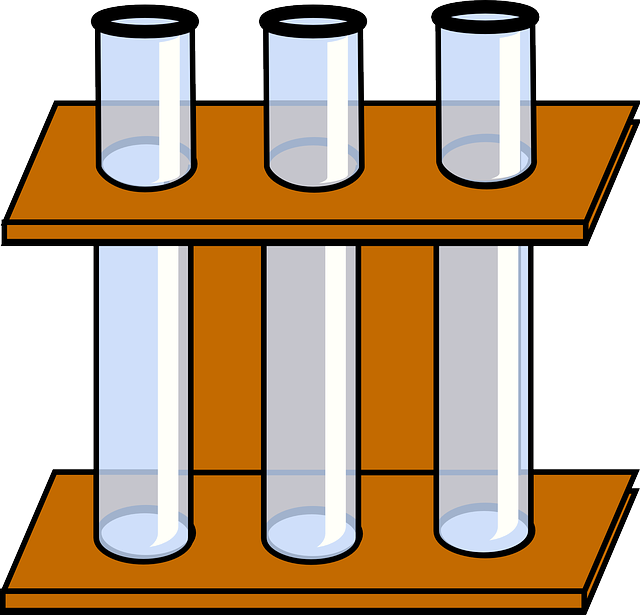A UK testosterone blood test is a diagnostic tool for evaluating male hormone health. It measures testosterone levels, aiding in identifying conditions like hypogonadism and guiding treatment. This simple procedure involves a single blood draw, offering insights to healthcare providers who interpret results against age-specific reference ranges (270-1070 ng/dL). Early detection enables timely intervention for testosterone-related disorders, enhancing overall well-being.
“Unraveling male health mysteries often begins with a simple yet powerful tool: the UK Testosterone Blood Test. This article delves into the significance of testosterone, its pivotal role in overall male well-being, and how understanding this hormone can be key to early diagnosis. We explore when and why men might consider this test, guiding you through the process and demystifying the results. Empower yourself with knowledge and learn how a UK Testosterone Blood Test can be a game-changer for your health.”
- Understanding Testosterone and Its Role in Male Health
- When and Why Get a UK Testosterone Blood Test?
- The Process and Interpretation of Test Results
Understanding Testosterone and Its Role in Male Health
Testosterone is a hormone that plays a pivotal role in male health and development, often referred to as the ‘masculine’ hormone. It is primarily produced by the testicles, with small amounts also synthesized in the adrenal glands and ovaries. This powerful hormone is responsible for numerous physical traits and functions unique to males, including muscle mass, bone density, fat distribution, red blood cell production, and sex drive. Understanding the significance of testosterone is crucial when considering UK testosterone blood tests as a diagnostic tool for various health issues.
In men, a decline in testosterone levels can lead to a range of symptoms collectively known as hypogonadism. This includes decreased libido, erectile dysfunction, muscle weakness, fatigue, bone loss, and changes in body composition. Recognizing these signs and conducting a UK testosterone blood test can be instrumental in early diagnosis and subsequent treatment. Such testing allows healthcare professionals to assess hormone levels accurately, enabling them to make informed decisions about managing male health issues effectively.
When and Why Get a UK Testosterone Blood Test?
In many cases, a UK Testosterone Blood Test is recommended when there are symptoms or signs indicating potential health issues related to low testosterone levels in men. This test is crucial for diagnosing conditions such as hypogonadism, where the testes do not produce enough testosterone. Symptoms may include reduced muscle mass, fatigue, decreased libido, erectile dysfunction, and alterations in body composition. The test is also valuable for monitoring treatment effectiveness in individuals already diagnosed with low testosterone.
Timing is essential; men should consider getting this blood test if they have persistent symptoms that impact their quality of life. It’s a simple procedure, often involving a single blood draw, and the results can provide vital insights into hormonal health. Early detection through a UK Testosterone Blood Test allows for timely intervention and management of testosterone-related disorders, promoting overall well-being.
The Process and Interpretation of Test Results
A UK testosterone blood test is a straightforward procedure that involves taking a sample of your blood to analyse hormone levels. This test is often recommended for men experiencing symptoms like decreased energy, muscle mass loss, or changes in sexual function, as it can help diagnose low testosterone (hypogonadism). The process begins with a healthcare provider scheduling an appointment and providing instructions on fasting and hydration prior to the test to ensure accurate results. On the day, a nurse will take a blood sample from a vein in your arm using a needle.
Interpretation of test results involves comparing your testosterone levels against established reference ranges. Normal testosterone levels typically fall within specific age-related boundaries: for instance, adult men usually have levels between 270-1070 nanogrammes per decilitre (ng/dL). Levels significantly below this range may indicate hypogonadism. It’s important to note that other factors, such as fitness level and medical history, can also influence testosterone levels, so a healthcare professional will consider these alongside the test results for a comprehensive diagnosis.
A UK testosterone blood test can be a valuable tool for diagnosing various male health issues. By understanding the role of testosterone and knowing the appropriate times to get tested, individuals can take proactive steps towards maintaining their overall well-being. The interpretation of test results is crucial in determining any necessary medical interventions, ensuring optimal health outcomes.
